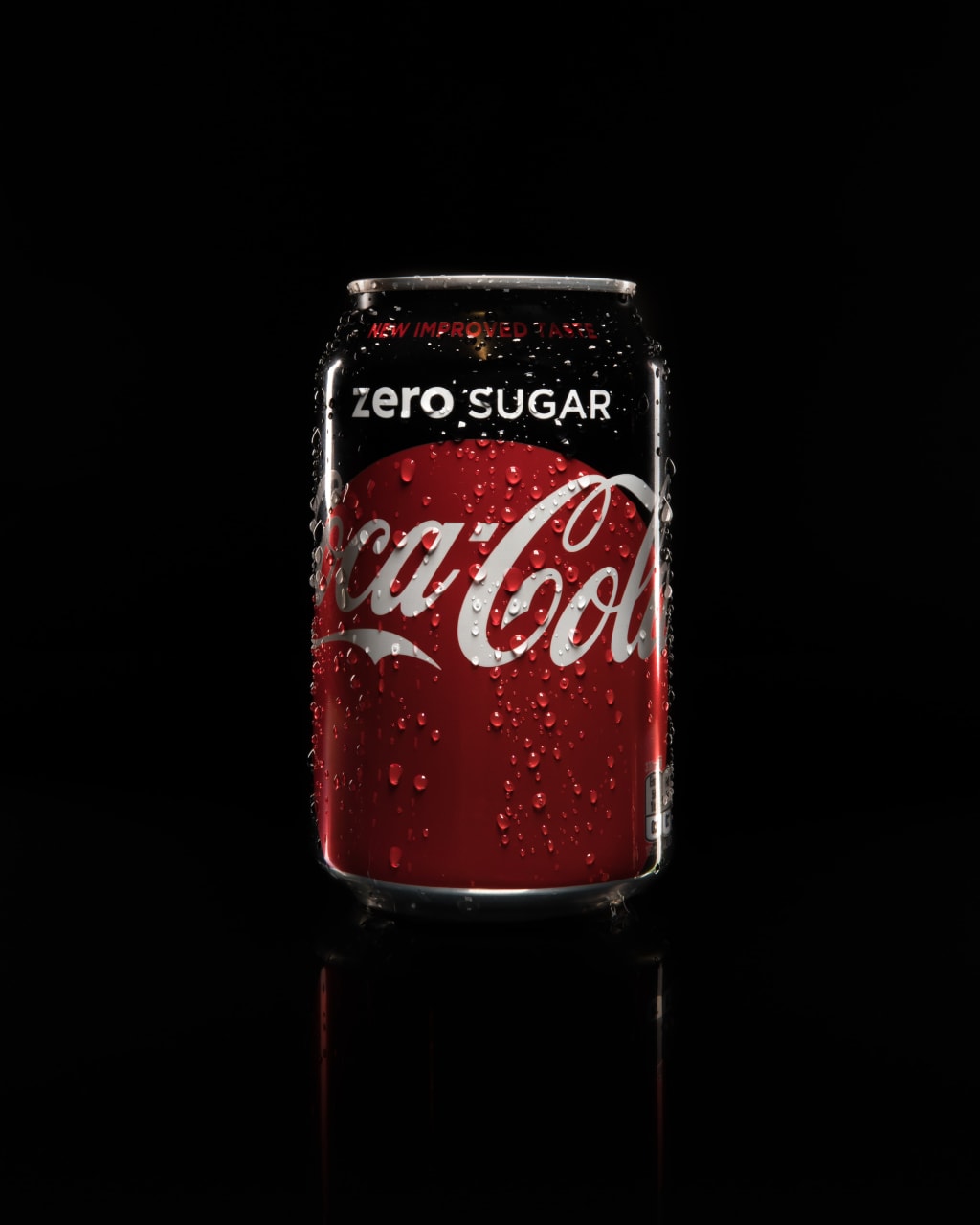Demystifying Aspartame: A Controversial Sweetener
Navigating the Controversies of This Ubiquitous Artificial Sweetener

The topic of aspartame, a widely used artificial sweetener, has always been surrounded by a whirlpool of controversy and speculation. With questions such as: “Why should you avoid aspartame?“, “Is aspartame harmful to humans?“, “Does Coke Zero have aspartame in it?“, and “What is the warning about aspartame?” frequently popping up in health discussions. In this blog post, we aim to address these queries in detail through the following outline:
- Unveiling the Truth: What is Aspartame?
- Dark Side of Sweetness: The Risks of Aspartame Consumption
- In Our Everyday Products: Where is Aspartame Used?
- What’s in Your Can: Does Coke Zero Have Aspartame?
- The Verdict: Is Aspartame Really That Harmful?
Unveiling the Truth: What is Aspartame?
Aspartame is an artificial sweetener, approximately 200 times sweeter than sugar, used in a plethora of sugar-free and “diet” foods and beverages. This compound is comprised of two amino acids, aspartic acid, and phenylalanine. It’s favored for its low caloric content, making it a popular choice for those trying to maintain a low-sugar diet. You can read more about the chemical structure of aspartame here.
Unveiling the Truth: What is Aspartame?
Aspartame is an artificial sweetener, approximately 200 times sweeter than sugar, used in a plethora of sugar-free and “diet” foods and beverages. This compound is comprised of two amino acids, aspartic acid, and phenylalanine. It’s favored for its low caloric content, making it a popular choice for those trying to maintain a low-sugar diet. You can read more about the chemical structure of aspartame here.
Dark Side of Sweetness: The Risks of Aspartame Consumption
For all its sweetness, aspartame does come with its share of controversy. One primary concern is its effect on people with phenylketonuria (PKU), a rare inherited disorder. People with PKU are unable to metabolize phenylalanine, which can build up in their blood and brain potentially causing brain damage.
Why should you avoid Aspartame?
Beyond PKU, several studies have suggested potential links between aspartame and adverse health effects, such as headaches, digestive problems, mood alterations, and even certain cancers. However, it’s crucial to note that many of these studies have been contested, and definitive conclusions have yet to be reached.
Is Aspartame harmful to humans?
While many studies have been conducted on aspartame’s safety, the scientific community remains divided. Numerous health organizations, including the FDA, EFSA, and WHO, have deemed aspartame safe for human consumption in standard quantities. However, other researchers and health advocates argue that the methodologies of these studies may be flawed, leading to inaccurate conclusions.
In Our Everyday Products: Where is Aspartame Used?
Aspartame can be found in more than 6,000 products worldwide, including soft drinks, chewing gum, candies, desserts, yogurt, and even some pharmaceuticals like vitamins and sugar-free cough drops. Due to its extreme sweetness, it’s a favored choice for companies aiming to produce low-calorie, sugar-free products.
What’s in Your Can: Does Coke Zero Have Aspartame?
A frequently asked question is “Does Coke Zero have aspartame in it?” The answer is yes, Coke Zero and other diet sodas commonly contain aspartame to maintain their sweet flavor while reducing the caloric content. So, if you’re regularly consuming diet drinks, you’re likely ingesting aspartame as well.
What is the warning about Aspartame?
The warnings about aspartame primarily center around its potential health risks. Despite the lack of consensus on the matter, some health professionals advocate for moderation or even avoidance of aspartame, particularly for those with PKU or those who experience adverse effects such as headaches or digestive issues after consuming aspartame.
The Verdict: Is Aspartame Really That Harmful?
Given the mixed research and contrasting opinions, it’s challenging to give a definitive answer. As with many food additives, the key is likely moderation. While small amounts of aspartame may not pose a risk for the general population, overconsumption or individual sensitivities might lead to health problems. Consumers are encouraged to make informed decisions about their diet based on current research, personal health status, and, when possible, consultation with a healthcare professional.
...
In conclusion, aspartame is a prevalent artificial sweetener with a controversial reputation. While some hail it as a calorie-saving substitute for sugar, others caution against its potential health risks. Until the scientific community reaches a more definitive consensus, it’s up to each individual to consider the available research, their personal health, and their diet preferences when deciding whether to consume aspartame-laden products.
About the Creator
DAVID WILLIAMS
Your trusted guide in the world of product choices. Through expert analysis and thorough comparisons, I help you confidently navigate the product landscape. Join me to discover, compare, and review the latest in the market.






Comments
There are no comments for this story
Be the first to respond and start the conversation.